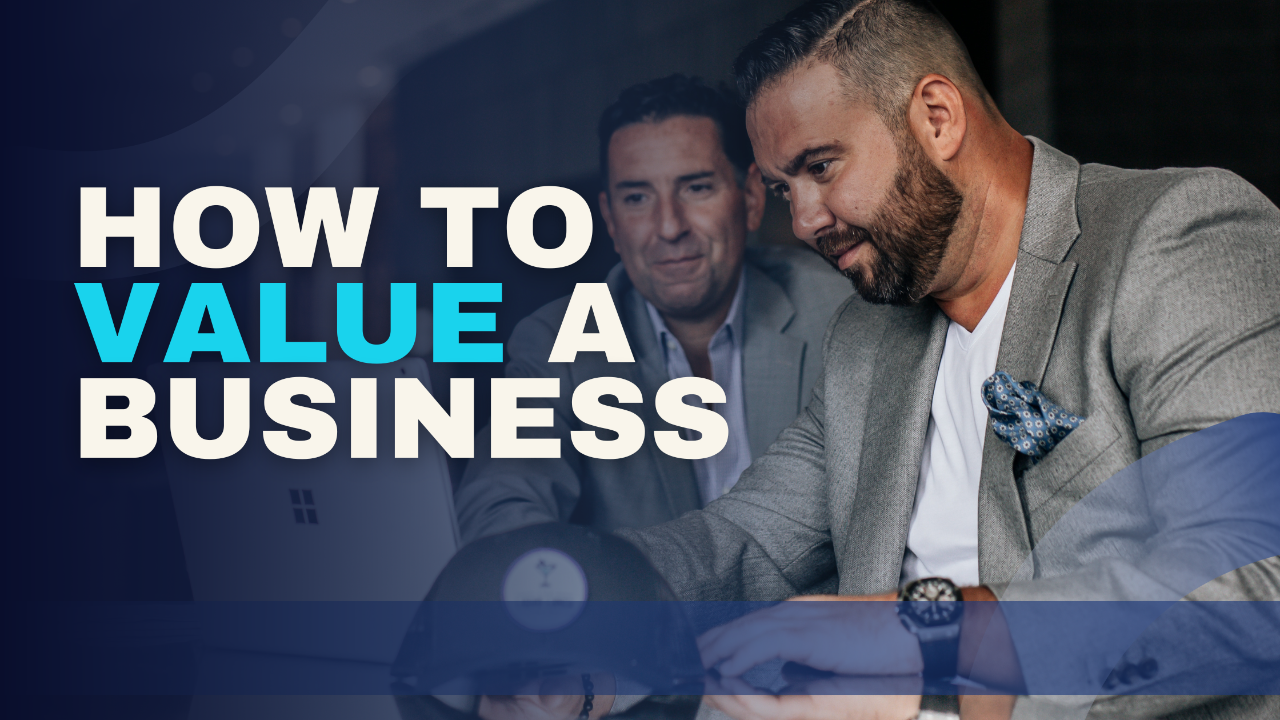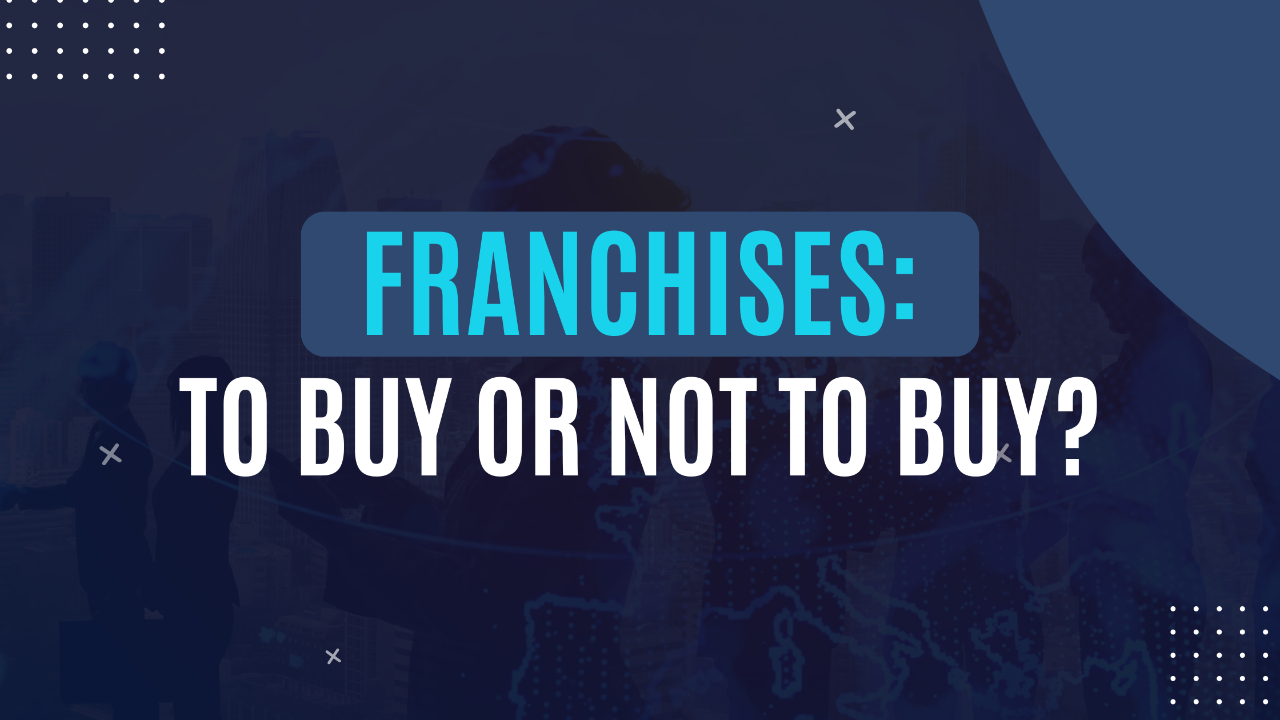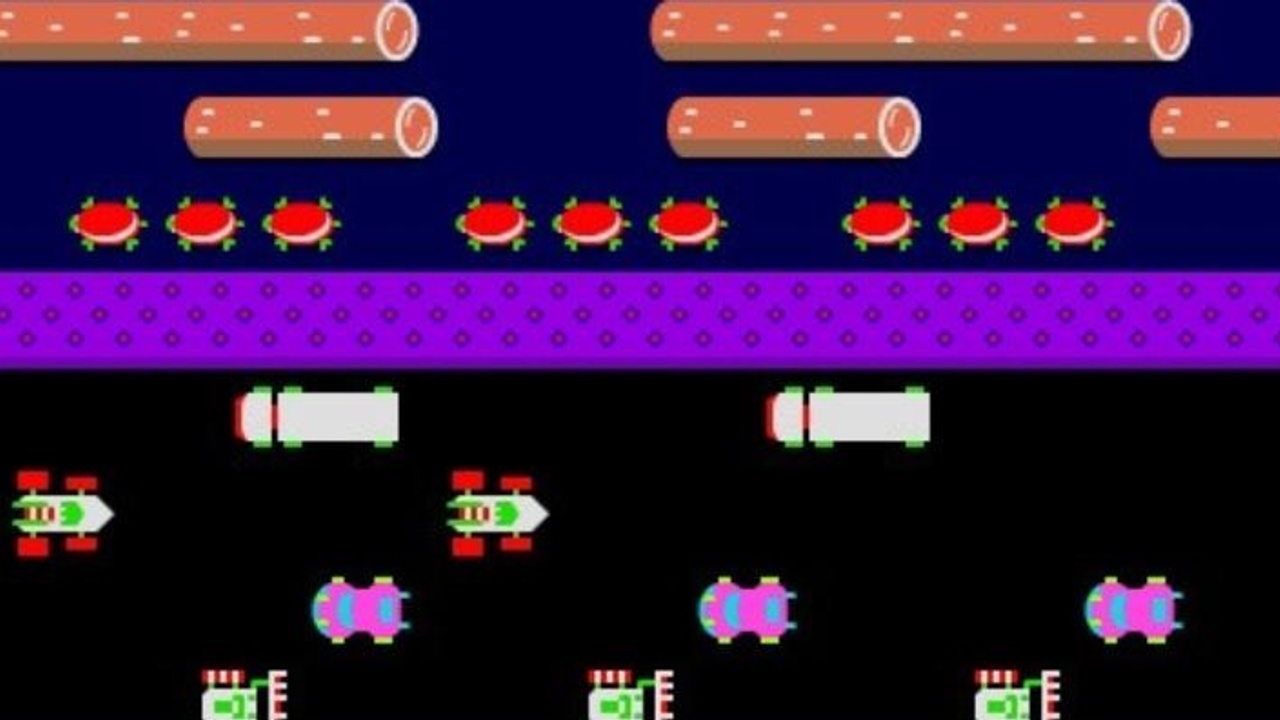How to Negotiate the Deal

Over the last few weeks, we've walked you through the process of determining the type of business you want to buy, where to find them, and how to assess their value. Equipped with this information in hand, you're now ready to go into the fun part: Negotiation.
Ok, depending on your personality, this might not actually be the fun part. Still, it's definitely not the part you can avoid, especially if you want to reach an advantageous deal. (Which, of course, you do.)
One thing to remember before we dive in is that negotiation is not an exact science. There isn't a checklist you can follow that will guarantee a positive outcome every single time; there are far too many variables at play. So with that in mind, dismiss the notion that there's only "one right way" to do this. There isn't.
A quick Google search will give you more advice than you want to know about successfully negotiating a deal: Don't speak first. Words you should never say. Know when to talk away. Do your homework and ...
How To Value A Business

Understanding the value of the business you want to buy is kind of a no-brainer. It’s unlikely you’re going to throw down a massive chunk of change without any idea of profit you can expect to generate in return. (But if you are doing that, you should still read this because you need it more than most.)
Before we dive in, the most important thing to keep in mind is to keep things simple. It can be very easy to overcomplicate and over-analyze every minute detail ad nauseam. This will likely leave you feeling overwhelmed, unmotivated, and bowing out before you get to the fun part. Focus on the pieces that matter most to you.
The second most important thing to keep in mind is that there is no single right or wrong way to determine the value of a business. Yes, some factors will weigh more heavily than others (profits, for example), but depending on the industry, the market, the seller, and even you as the buyer, there are many things to consider.
Below we’ve laid out 5 “areas of unde...
Learning To Sell Yourself

“Everything in life is a sale and everything you want is a commission.” - Grant Cardone.
From sunup to sundown, we are active participants in the world of sales. It doesn’t matter what your job title is or how you spend your free time, we are either selling something or being sold something. From Instagram ads to billboards, agreeing to upsize your fast food order, convincing a toddler to eat their vegetables, jockeying for a promotion, deciding which movie to watch, or creating an online dating profile, it all comes down to the art of the sale.
And when it comes to the business of buying a business, it’s no different.
If you’ve followed our advice thus far (hint, you should be), by this point, you will know that the ideal business acquisition often comes down to the ideal seller. They are someone ready to retire, concerned about their legacy, want to protect their employees, or simply burnt out and ready to move on.
However, unless they are ready to jump ship come hell or high ...
Building a Personal Brand

What Is a Personal Brand and Why Do You Need One?
What do you look for when you decide to make a purchase or hire a company to provide a service? Are you checking them out online, looking at their website, reading reviews, reviewing samples of their work, and learning a little bit more about them and their background?
If you’re smart, that’s precisely what you’re doing. Because you want to know who or what you’re getting into business with. This is particularly true with large transactions, but even the day-to-day decisions are influenced in this way; how often do you check out a restaurant's Yelp reviews before deciding where to eat dinner? It’s a small thing, but the implications are far-reaching.
When going about the task of business acquisition, whether you’re just starting out or have been in the game for years, the way you present yourself, your brand, and your abilities are critical. Yes, you are the one doing the buying. You are the purchaser. You are the one planning on co...
Franchises: To buy or not to buy? That is the question.

Buying a business can be a big, life-changing move that will open doors to financial freedom, personal and professional growth, and control over how you spend your time and energy.
It can also be completely overwhelming, especially for first-time owners. Leaving the "safety and security" (perceived safety and security, that is) of a 9-5 job and doing a 180 pivot to owning and running the whole show is a lot to take on.
If you're not quite there yet, but still dream of owning a business, a franchise might just be the way to go. Think of it as ownership with built-in training wheels: You're still doing the pedaling, but you've got some support keeping you upright.
Franchising is big business in the United States. An estimated 753,700 franchise establishments employ over 7 million people and output 670 billion dollars. Everything from quick-service food, real estate, convenience stores, and hair salons are up for grabs. But before you make plans to purchase a Taco Bell to enjoy unlim...
Purchasing a Small Business: Getting Started

Do you dream of being a business owner? You're reading this, so it's probably safe to assume the answer is yes. What does that look like to you?
When people dream about being a business owner, they often envision starting one from the ground up. They formulate a business model, create a plan, put in a lot of legwork and research, not to mention blood, sweat, tears, and most of all…money. But there's no guarantee of success. In fact, 20% of small businesses will fail in their very first year. (Most people like to forget about that part.) It can be a gamble and quite a bit of work.
What you might not realize is that there are ways to become a small business owner without starting from scratch. It is possible to purchase already-established businesses using creative financing solutions that require very little to no money upfront and can start generating income for you almost immediately.
It sounds too good to be true, right? If it's that simple and lucrative, then why isn't everyone d...
Business in America is Like Playing a Video Game

My Version of The Small Business Owner in America as Frogger
Frogger is our classic 80’s videogame hero, who somehow always gets himself in the middle of a great adventure, is both courageous and adventurous (while being a bit eccentric).
The object of the game is to direct frogs to their homes one by one by crossing a busy road and navigating a river full of hazards.
The frog starts at the bottom of the screen (entrepreneurial spark!), which contains a horizontal road occupied by cars (competitors), trucks (market conditions), and bulldozers (bureaucracy) speeding along it. The player-entrepreneur must guide the frog-business between opposing lanes of traffic to avoid becoming roadkill (early startup failures), which results in a loss of a life (bankruptcy). After the road, there is a median strip separating the two major parts of the screen. This is that false sense of security when an entrepreneur thinks the business has hit its stride. The upper portion of the screen consists ...



